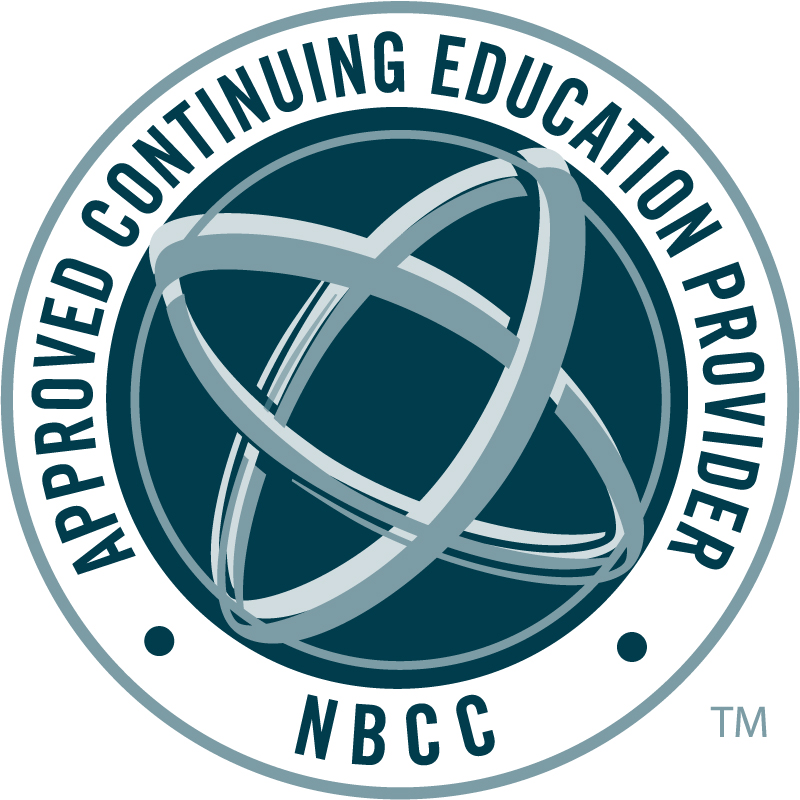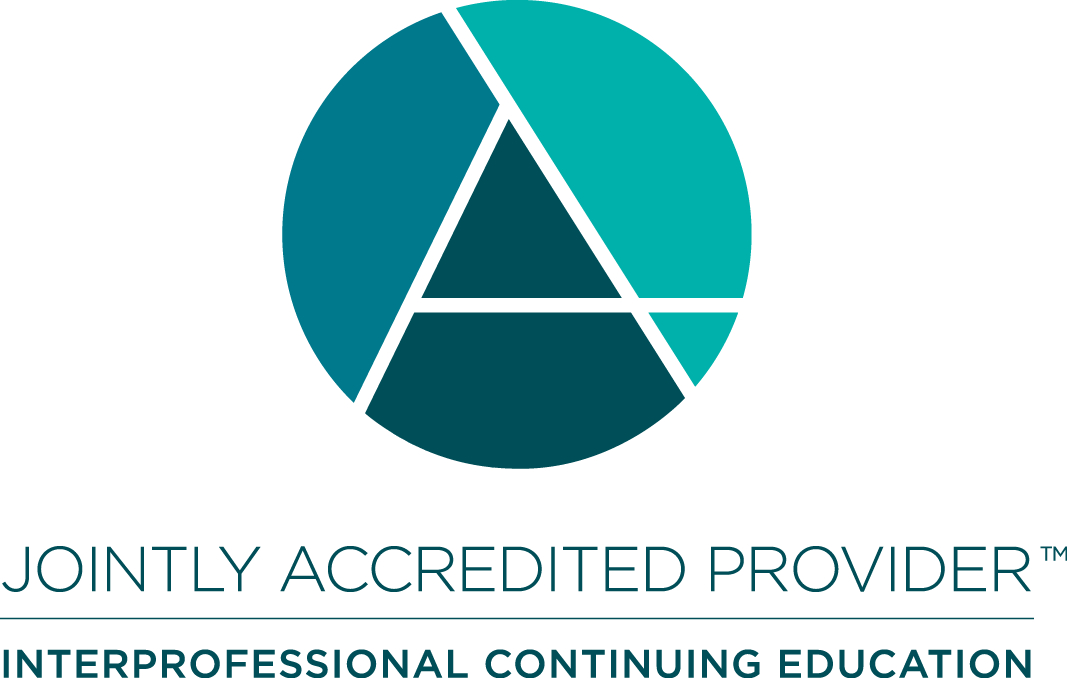Your session has timed out. To return to where you left off, use the Login/Register link at the top right of this page.
Improving Cultural Competency for Behavioral Health Professionals
Learn about your cultural identity and the cultural identities of your clients to improve how you engage, assess, and treat clients from diverse backgrounds.
Overview
Welcome to Improving Cultural Competency for Behavioral Health Professionals!
How do you use this website?
Take a look at the blue bars at the top of this page.
- On the first bar, clicking your username gives you a menu for viewing your Course completion progress, updating your profile, and logging out.
- On the second bar, clicking Program gives you a link for each of the Courses. Clicking Resources gives you links for the Glossary, References, and Resource Library.
Within a Course, go to the next page by clicking the Next button at the bottom right of each page. You'll also see a menu on the left for navigating to different parts of that Course.
You are required to complete Course 1 in full before going to Courses 2, 3, or 4.
Credit Information
This program is approved for 4 – 5.5 contact hours for counselors, nurses, psychologists, psychiatrists, and social workers. Other professionals may earn a Statement of Participation.
Click on each box below for more information.
Learning Objectives
After completing this continuing education activity, participants will be able to:
- Describe how culture, cultural identity, and intersectionality are related to behavioral health and behavioral health care.
- Describe the principles of cultural competency and cultural humility.
- Discuss how our bias, power, and privilege can affect the therapeutic relationship.
- Discuss ways to learn more about a client's cultural identity.
- Describe how stereotypes and microaggressions can affect the therapeutic relationship.
- Explain how culture and stigma can influence help-seeking behaviors.
- Describe how communication styles can differ across cultures.
- Identify strategies to reduce bias during assessment and diagnosis.
- Explain how to elicit a client's explanatory model.
Goal/Statement of Need
Cultural and linguistic competency is recognized as an important strategy for improving the quality of care provided to clients from diverse backgrounds. This e-learning program is designed to equip behavioral health professionals with the cultural and linguistic competencies to better respect and respond to each client's unique needs.
Target Audience
- Licensed Drug and Alcohol Counselors to NAADAC Licensed Drug and Alcohol Counselors
- NBCC Counselors and Therapists
- Nurses
- Psychiatrists
- Psychologists
- Social workers
- Other direct service providers for behavioral health
How to Obtain Credit
For successful completion of this activity and to obtain Contact hours, the learner must register on this site, review the individual modules/content, obtain a minimum post-test score of 80%, and complete the course evaluation. Certificates and statements of credit are immediately available on the My Progress page.
Original Release Date: May 1, 2019
Last Date of Review: May 1, 2019
Estimated Time to Complete this Activity: 4 – 5.5 hours
Issues
To discuss issues with this program, please contact the ACEP Administrator:
Amanda Gashel
amanda.gashel@gdit.com
Help Desk number is (833) 485-1664
CAPT Tarsha Cavanaugh, PhD, MSW, LGSW
ACEP Program Administrator
Office of Minority Health, U.S. Department of Health and Human Services
C. Godfrey Jacobs, BA
Senior Program Manager
Health Determinants & Disparities Practice
General Dynamics Information Technology
Jennifer Kenyon, BA
Research Analyst
Health Determinants & Disparities Practice
General Dynamics Information Technology
Karolina Schantz, MPH
Research Analyst
Health Determinants & Disparities Practice
General Dynamics Information Technology
Amanda Gashel, BSN, RN
ACEP Program Administrator
Technical Project Manager
Health Determinants & Disparities Practice
General Dynamics Information Technology
Kameisha L. Bennett, MA
HHS Substance Abuse and Mental Health Services Administration
Tenly Pau Biggs, MSW, LGSW
HHS Substance Abuse and Mental Health Services Administration
Joyce P. Chu, PhD
Palo Alto University
Lillian Comas-Diaz, PhD
Transcultural Mental Health Institute
Holly Echo-Hawk
Echo Hawk & Associates
Joseph P. Gone, PhD
University of Michigan
Gordon Nagayama Hall, PhD
University of Oregon
Lisa M. Hooper, PhD
University of Northern Iowa
Mario Hernandez, PhD
University of South Florida
Rachel Kaul, LCSW, CTS
HHS Office of the Assistant Secretary for Preparedness and Response
Frederick Leong, PhD
Michigan State University
Francis Lu, MD, DLFAPA
Kim Professor in Cultural Psychiatry, Emeritus, UC Davis
Francis Lu, MD, DLFAPA
Kim Professor in Cultural Psychiatry, Emeritus, UC Davis
Jeanne Miranda, PhD
University of California – Los Angeles
Roslyn Holliday Moore, MS
HHS Substance Abuse and Mental Health Services Administration
Patti Rose, EdD
University of Miami
Tonia Schaffer, MPH
HHS Substance Abuse and Mental Health Services Administration
Erlanger “Earl” Turner, PhD
University of Houston
COURSES
- An introduction to cultural and linguistic competency
- Know thyself – Increasing self-awareness
- Knowing others – Increasing awareness of your client’s cultural identity
- Culturally and linguistically appropriate interventions and services


